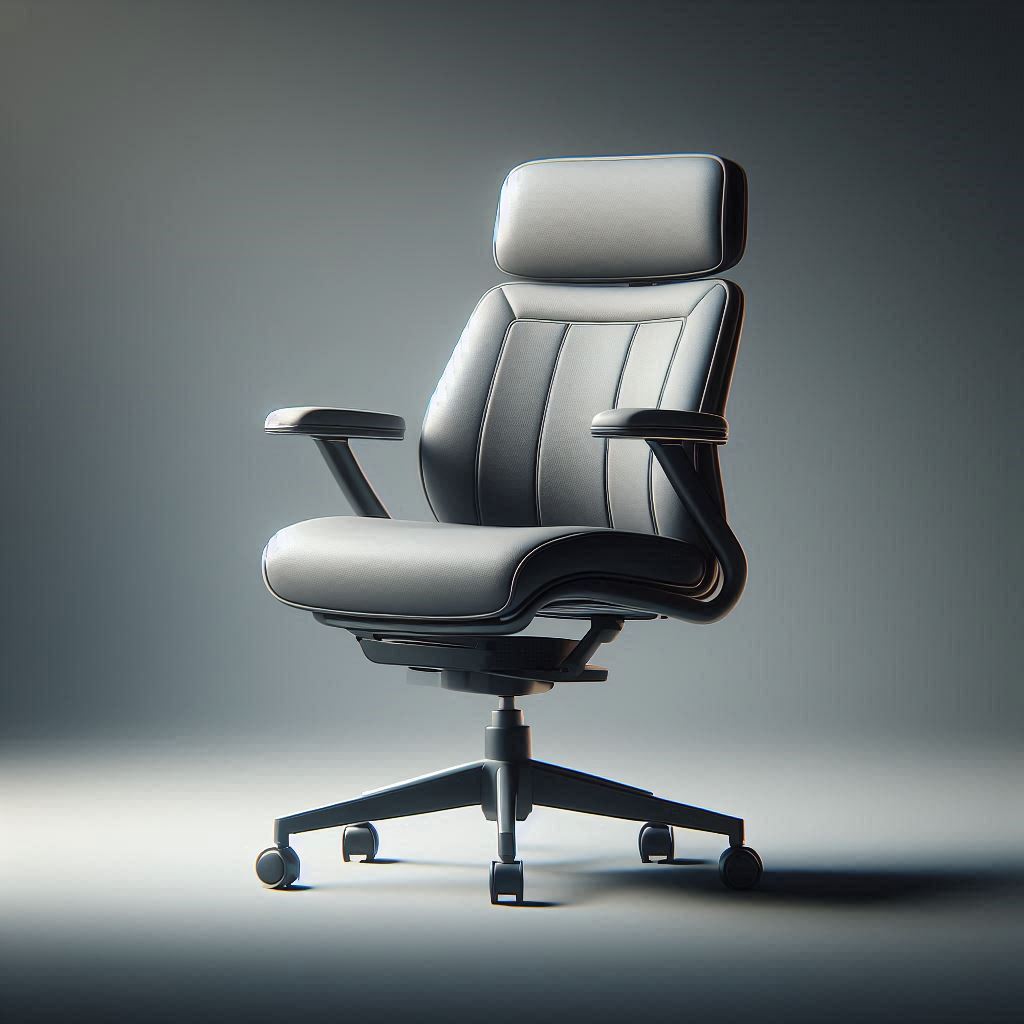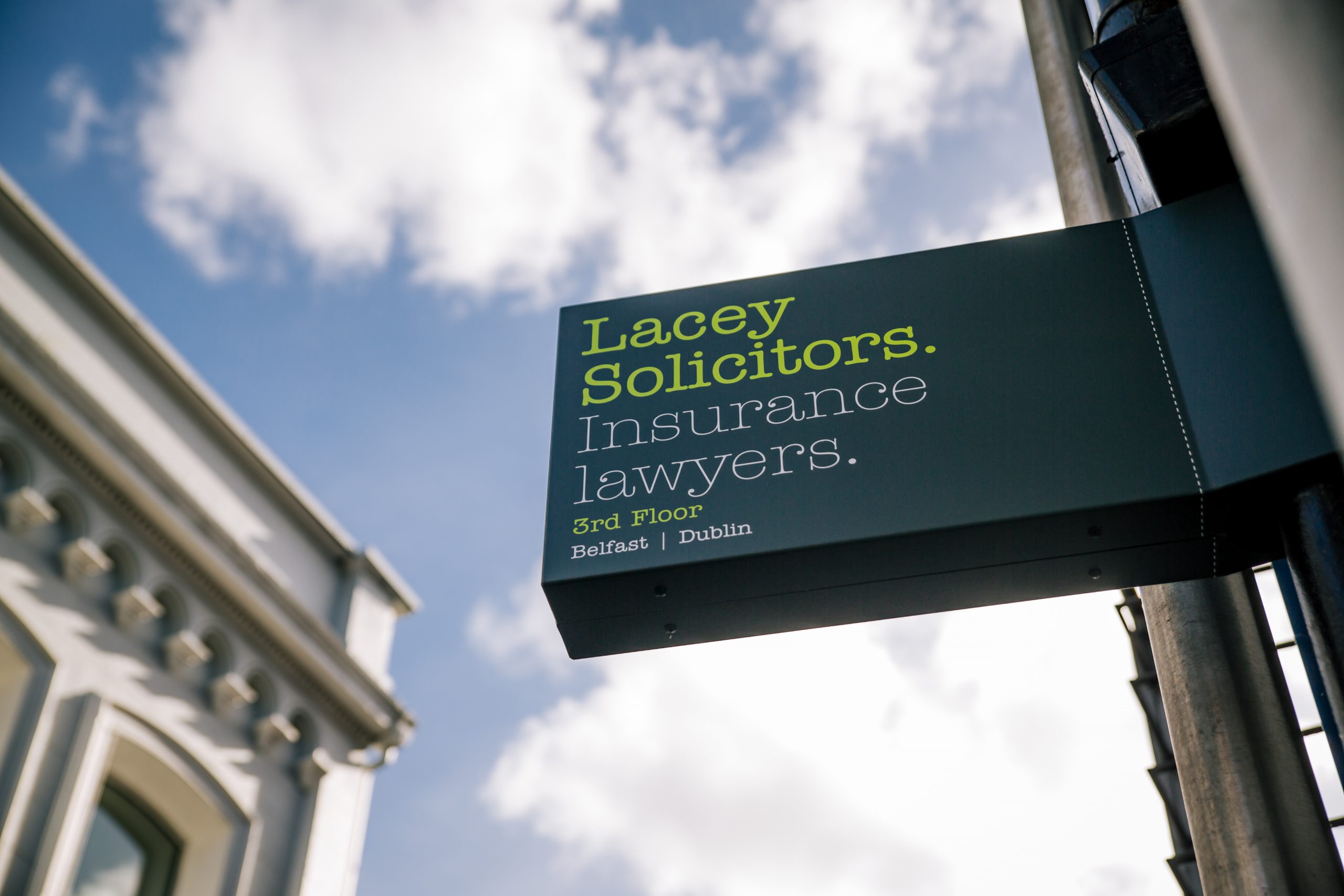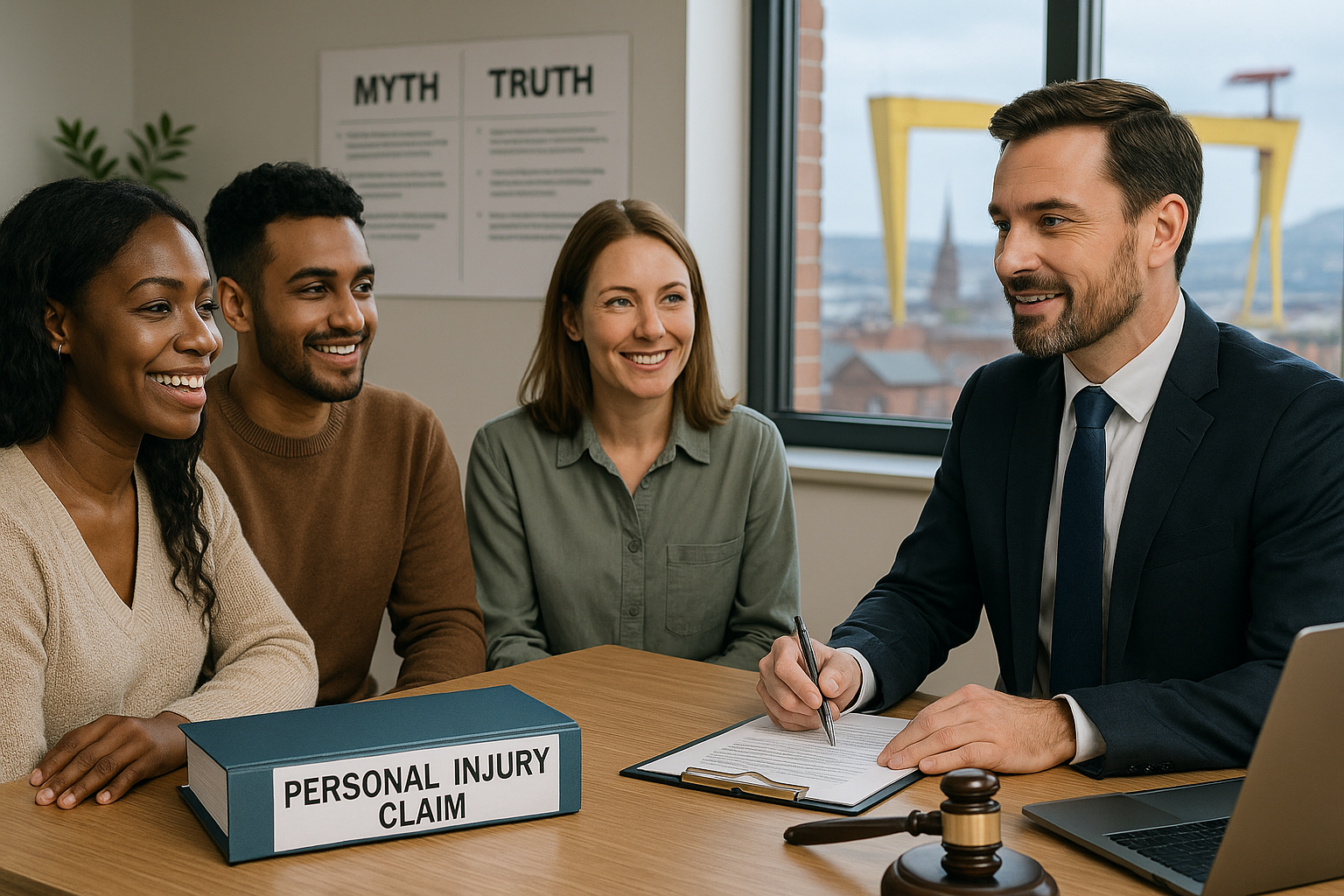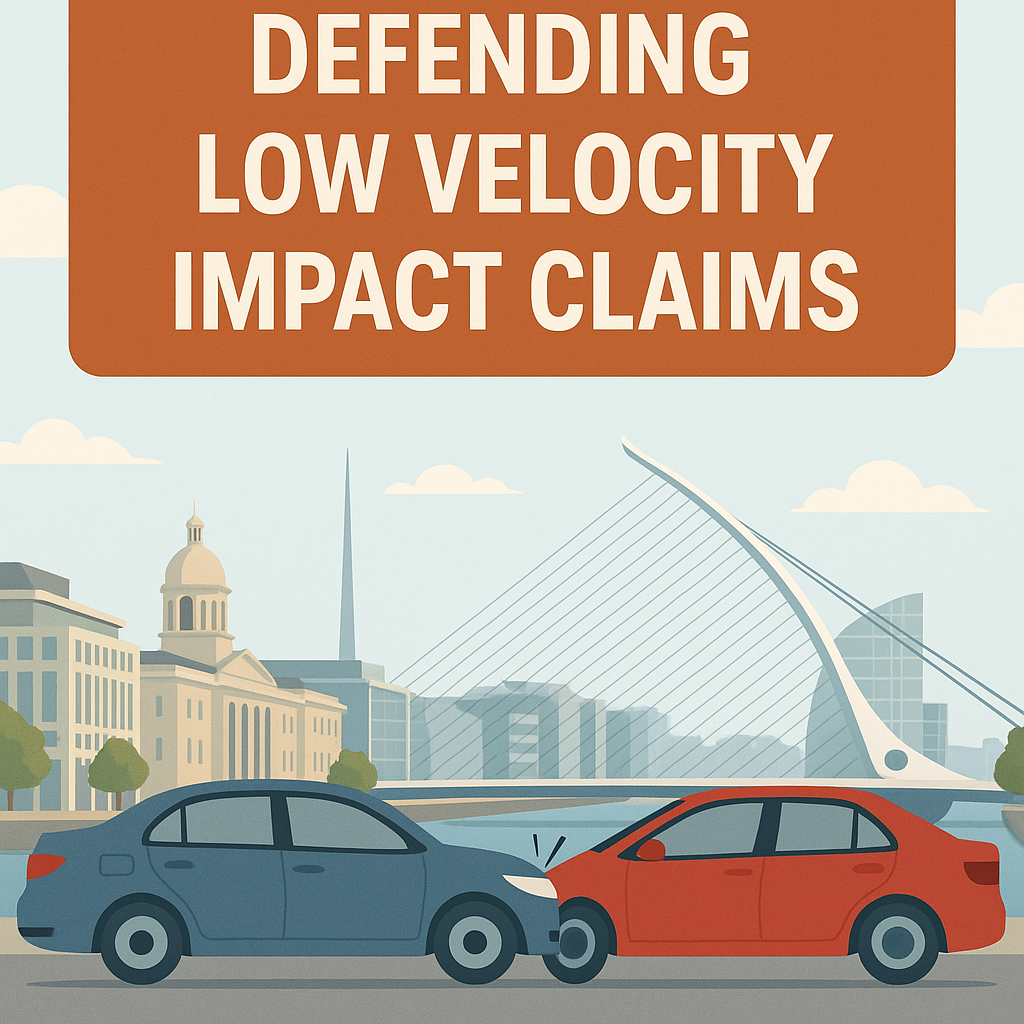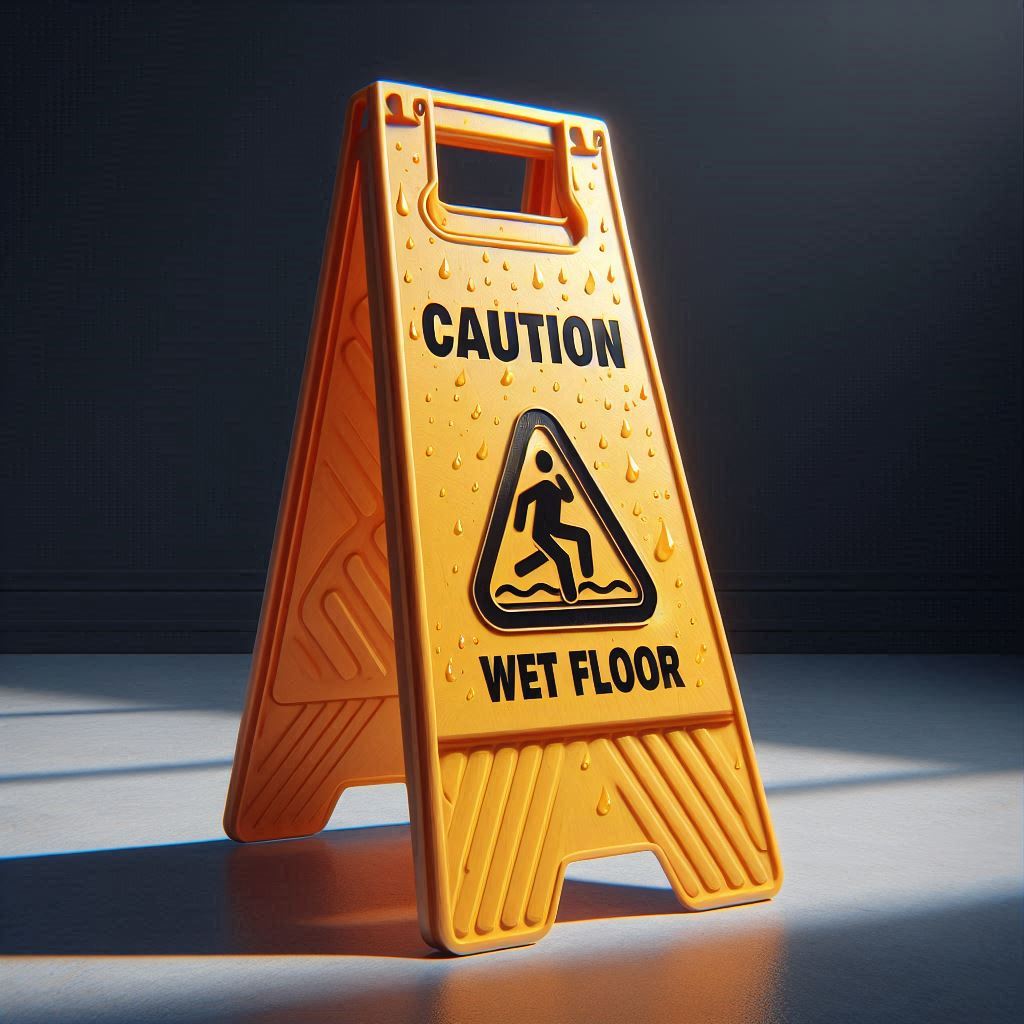Bus crashes might be rarer than car accidents, but whether you miss a step boarding or disembarking a bus, or whether you participate in a full coach collision, you could be eligible for compensation for your personal injury.
When you choose to travel by bus or coach in Northern Ireland, you place your trust in the hands of skilled professionals dedicated to getting you to your destination safely. We are deeply thankful to the many bus and coach drivers who work tirelessly every day to ensure the safety and comfort of their passengers.
These drivers, along with the companies they represent, have a Duty of Care to protect you throughout your journey. While the vast majority of trips are completed without incident, we understand that accidents can still happen. If safety procedures are not followed or if driver error results in personal injury, you may be entitled to bring a claim for compensation against the bus or coach operator.
Below, you’ll find important information on what steps to take following a bus accident.
What are the Most Common Bus Accidents?
While bus and coach travel in Northern Ireland is generally very safe, accidents can happen when we least expect them. We are grateful to the many drivers who work diligently to keep passengers safe every day. However, it’s important to recognise that unforeseen incidents can still occur.
Common types of bus and coach accidents include:
- Slipping on a wet floor
- Tripping over hazards
- Falling on stairs or while disembarking
- Injuries while getting on or off the vehicle
- Collisions with other vehicles
- Sudden stops due to unexpected road conditions
- Accidents at roundabouts
If you or your child has been involved in a bus or coach accident that caused physical injury, emotional distress, or damage to personal belongings, you may be entitled to seek compensation. This can help cover:
- Pain and suffering
- Loss of earnings
- Damaged or lost possessions
- Psychological trauma
Understanding your rights and the steps to take after an accident can make a significant difference in your recovery and peace of mind.
Liability in the Event of a Coach Crash
In the unfortunate event of a bus or coach crash in Northern Ireland, liability lies with the person or persons responsible for the accident. As a passenger on the bus, it is very unlikely that you are at fault. Most often, liability will rest with the bus or coach company if the crash was caused by driver error or another road user if their actions led to the collision.
How Common are Bus or Coach Accidents in NI?
Thankfully, bus crashes or collisions involving coaches are exceedingly rare. With our relatively good road infrastructure, low traffic congestion and well maintained fleet, bus and coach travel in Northern Ireland remains one of the safest forms of road transport.
Statistically, buses and coaches are involved in fewer accidents and tend to result in less serious injuries compared to other vehicles. However, rare does not mean never.
In October 2024, for instance, a school bus carrying nearly 80 pupils veered off the road and into a field in County Down. At least four pupils were taken to hospital. While no one was seriously injured, the psychological impact of such an event can be lasting—especially for young passengers.
Incidents like this remind us of the importance of continued vigilance and support for those affected, even when physical injuries are minimal.
Have You Been in a Bus or Coach Accident?
If you have experienced a similar accident on a bus or coach in Northern Ireland, then seek legal assistance from the Lacey Solicitors team. We are here to help with everything from damage caused to property while in an accident to seeking compensation from the coach company should their driver be at fault in an accident which causes you to become injured.
Contact Lacey Solicitors today for expert legal advice.


